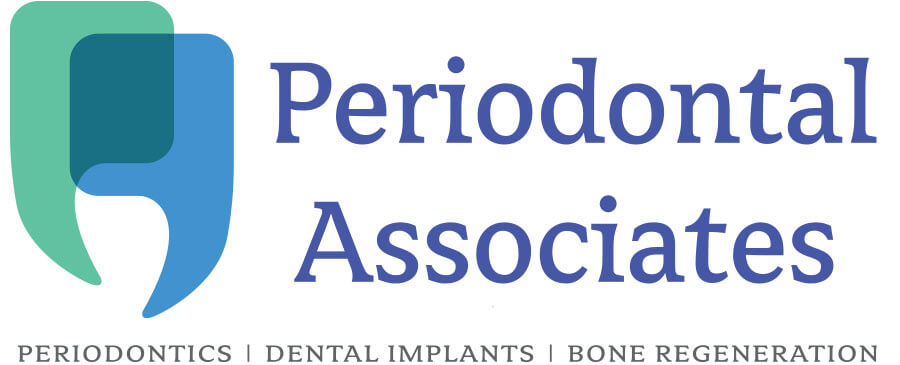
A technique pioneered in the Tissue Engineering and Regenerative Medicine Laboratory of Dr. Jeremy Mao, the Edward V. Zegarelli Professor of Dental Medicine at Columbia University Medical Center, can orchestrate stem cells to migrate to a three-dimensional scaffold infused with growth factor, holding the translational potential to yield an anatomically correct tooth in as soon as nine weeks once implanted.
People who have lost some or all of their adult teeth typically look to dentures, or, more recently, dental implants to improve a toothless appearance that can have a host of unsettling psycho-social ramifications. Despite being the preferred treatment for missing teeth nowadays, dental implants can sometimes fail and develop other problems.
An animal-model study has shown that by homing stem cells to a scaffold made of natural materials and integrated in surrounding tissue, there is no need to use harvested stem cell lines, or create an environment outside of the body (e.g., a Petri dish) where the tooth is grown and then implanted once it has matured. The tooth instead can be grown “orthotopically,” or in the socket where the tooth will integrate with surrounding tissue in ways that are impossible with hard metals or other materials.
“These findings represent the first report of regeneration of anatomically shaped tooth-like structures in vivo, and by cell homing without cell delivery,” Dr. Mao and his colleagues say in the paper. “The potency of cell homing is substantiated not only by cell recruitment into scaffold microchannels, but also by the regeneration of periodontal ligaments and newly formed alveolar bone.”
The work of Dr. Mao and his laboratory, however, holds manifold promise: a more natural process, faster recovery times and a harnessing of the body’s own potential to re-grow tissue that will not give out and could ultimately last the patient’s lifetime.
“A key consideration in tooth regeneration is finding a cost-effective approach that can translate into therapies for patients who cannot afford or who aren’t good candidates for dental implants,” Dr. Mao says. “Cell-homing-based tooth regeneration may provide a tangible pathway toward clinical translation.”
This study is published in the most recent Journal of Dental Research, the top-rated, peer-reviewed scientific journal dedicated to the dissemination of new knowledge and information on all sciences relevant to dentistry, the oral cavity and associated structures in health and disease.
Comments are appreciated!
Source and Photo Credit: Columbia University Medical Center
